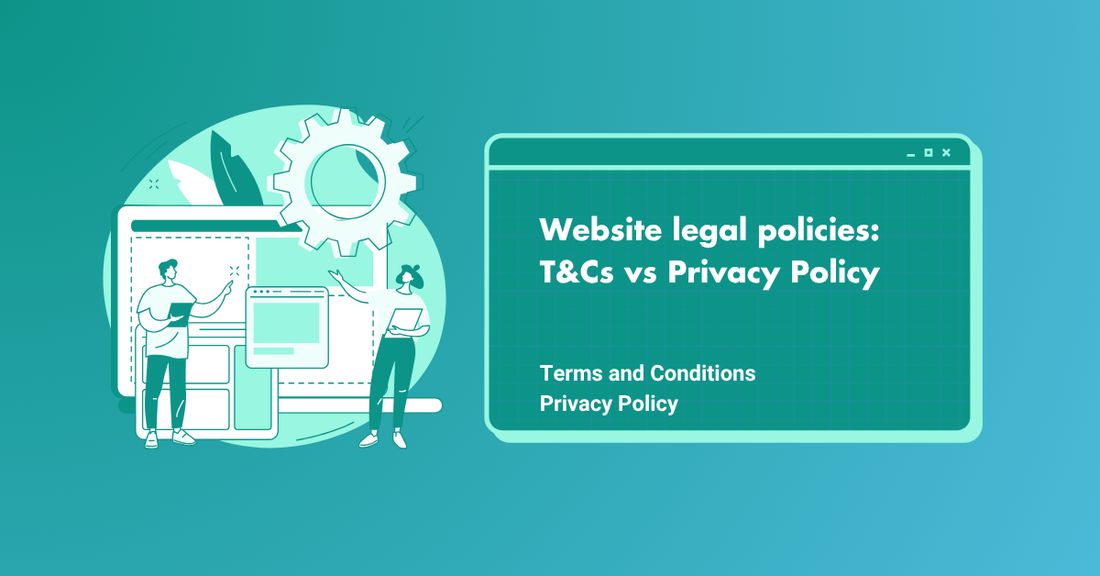
T&Cs vs Privacy Policy — What’s the Difference
T&Cs vs Privacy Policy — What’s the Difference?
Intro:
If you run a website, sell digital products, or collect emails, you’ve probably heard that you need both a "Terms & Conditions" and a "Privacy Policy." But what do they actually do—and why do you need both? Here’s a clear breakdown of the difference, plus how to use them effectively.
What Is a Privacy Policy?
A Privacy Policy is a legal document that explains how your website collects, uses, stores, and shares personal information.
Required by law if you:
-
Collect names or email addresses (even for a freebie)
-
Accept payments online
-
Use cookies or analytics (Google Analytics, Meta Pixel)
What it includes:
-
What data you collect
-
How you use and store that data
-
Whether you share data with third parties
-
How users can opt out or request deletion
What Are Terms & Conditions (T&Cs)?
T&Cs outline the rules for using your website, product, or service. Think of them as a legal handshake between you and your users.
What it includes:
-
How users can (and can’t) use your content or services
-
Your refund, return, or cancellation policies
-
Intellectual property and copyright disclaimers
-
Limitation of liability and dispute resolution
Do You Really Need Both?
Yes—especially if you:
-
Run an ecommerce store
-
Sell courses or downloads
-
Collect emails for newsletters or lead magnets
Privacy Policy = Covers user data
T&Cs = Covers how your site and services are used
Where to Put Them
-
Link both in your website footer
-
Link to Privacy Policy near your email opt-ins and checkout forms
-
Include T&Cs acceptance in your product purchase flow ("I agree to the terms")
Conclusion
T&Cs and Privacy Policies may seem like fine print—but they’re actually powerful legal protections. Having both ensures transparency, reduces your risk, and builds trust with your users.
Need plug-and-play templates for your site? Grab them here, or download our Legal Startup Checklist to see what else your business may be missing.
Disclaimer: This blog is for informational purposes only and does not constitute legal advice. For help with your specific situation, consult with a licensed attorney.
